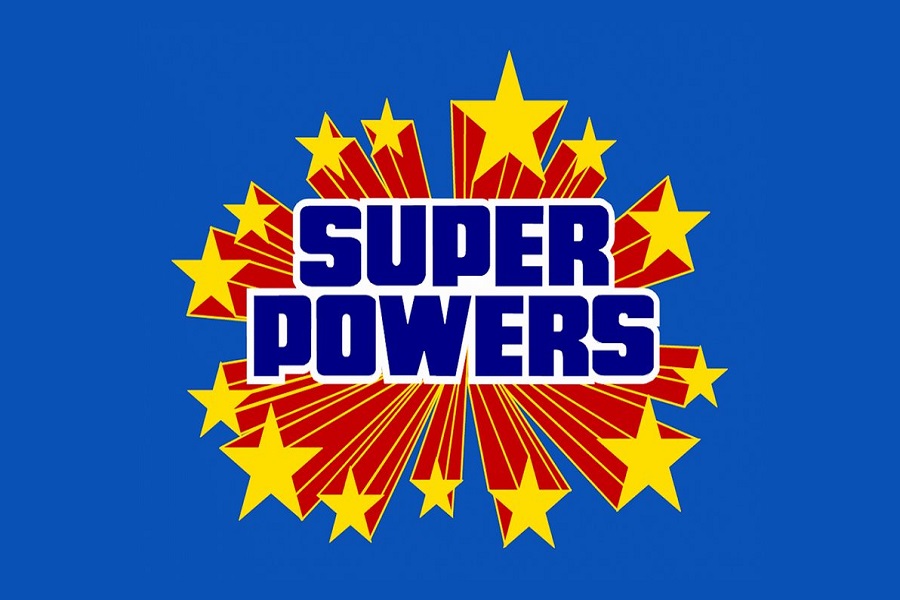I read an article the other day where a guy (a futurist, if you will) decided to give his best explanation of what the world would like in 2050 based on technological, environmental, societal, financial, etc. advances or regressions.
I’ve talked about this before, but being asked about the future is a fun thought experiment because you can be wildly wrong and no one really cares. It’s all a guess. I get asked all the time to talk about the future of TA and HR Technology. I love it! I can say anything I want you can’t tell me I’m wrong. Well, you could, but by the time one of us is right, it’s in the future and we don’t care.
So, this dude, Erik Hoel, says that in 2050 all higher education will be done solely online. No big campuses with gothic buildings and manicured lawns. No student unions and big libraries. No dorms and cafeteria food. No fraternities or sororities. Just you and a laptop sitting in your parent’s spaceship doing Econ 101.
Sounds dreadfully awful!
I don’t have a problem with education being online. In fact, it could be the most equitable thing the future will bring us. Everyone could now have the best professors from all over the world! Harvard could have 1 million graduates a year, instead of a few thousand of the most privileged students on the planet. We could bring world-class education to everyone.
But, only one type of education…
Part of the college experience is the socialization, both good and bad, of becoming an adult in sort of a lab-like environment. You get to go out and experiment in a community of mostly like-minded folks, of similar ages and test your ideas, your looks, see what you like and what others like about you. You get to begin to build a network of friends and peers that you can carry into your professional world.
University just doesn’t give you book smarts, it helps prepare you to deal with real-world stuff, but not all at once. You get to live on your own away from your parents, but someone is still making your food and paying the heating bill. It’s a period, for those who get a chance to experience it, to gradually move into the world of adulthood.
I get it, going from high school to the military, or working on a factory floor is also another type of becoming an adult, and in a much quicker way! We all have our paths, I’m not judging any of those as being more or less valuable. All I’m saying is full online college for everyone, if the future brings us this, I think is a mistake.
How did college make me an adult?
I can look back at my undergrad college experience at the University of Wyoming and think most of what I learned had very little to do with the classes I took. It might have helped if I showed up to most of my classes, but that’s another story.
After I blew through all of my college savings in my first semester, I quickly had to learn how to survive, to pay bills, to use the system to help me, to ask for help, to help others, to build a network of support, and sometimes to just call home and cry and tell my parent’s life sucks being an adult!
Gawd, how stupid was I to think my “little” problems as a college student were adult problems! What most of us wouldn’t give to go back to those problems.
College taught me how to barter. I really only had one skill, I mean besides my charm and dashing looks, I could work hard, or at the very least I was reliable to show up and work as hard as I could. My hard work got me many meals, many free drinks, tickets to entertainment to take my eventual wife. College towns are mostly run by college kids. To barter was life! I will do this for you and you will do this for me, no money has to change hands! I worked many bar shifts for free, for food and drinks. I traded out many movies passes at the theater I worked for dinner.
College taught me that people will take you in when you have no place to go and treat you like family. Every holiday when going home was too far and too expensive I always had multiple offers to stay and feast. When I had my own kids, they knew our house is always open to anyone who needs a place to stay and feel like they are home.
College taught me that you can live on almost next to nothing and still be completely happy and thriving. Great friends, conversations, challenging things to learn. No one really cares what you are wearing, or what car you drive or don’t drive because you don’t even have a car. They only care that you add to that conversation in a positive way and accept others may think differently, but that’s the fun of learning and interacting.
I’m not sure what 2050 will bring. I’m sure it will be different. I hope we can find ways to give more people the gift of a higher education, but also the gift of slowly learning how to become adults before they really have to be adults.


